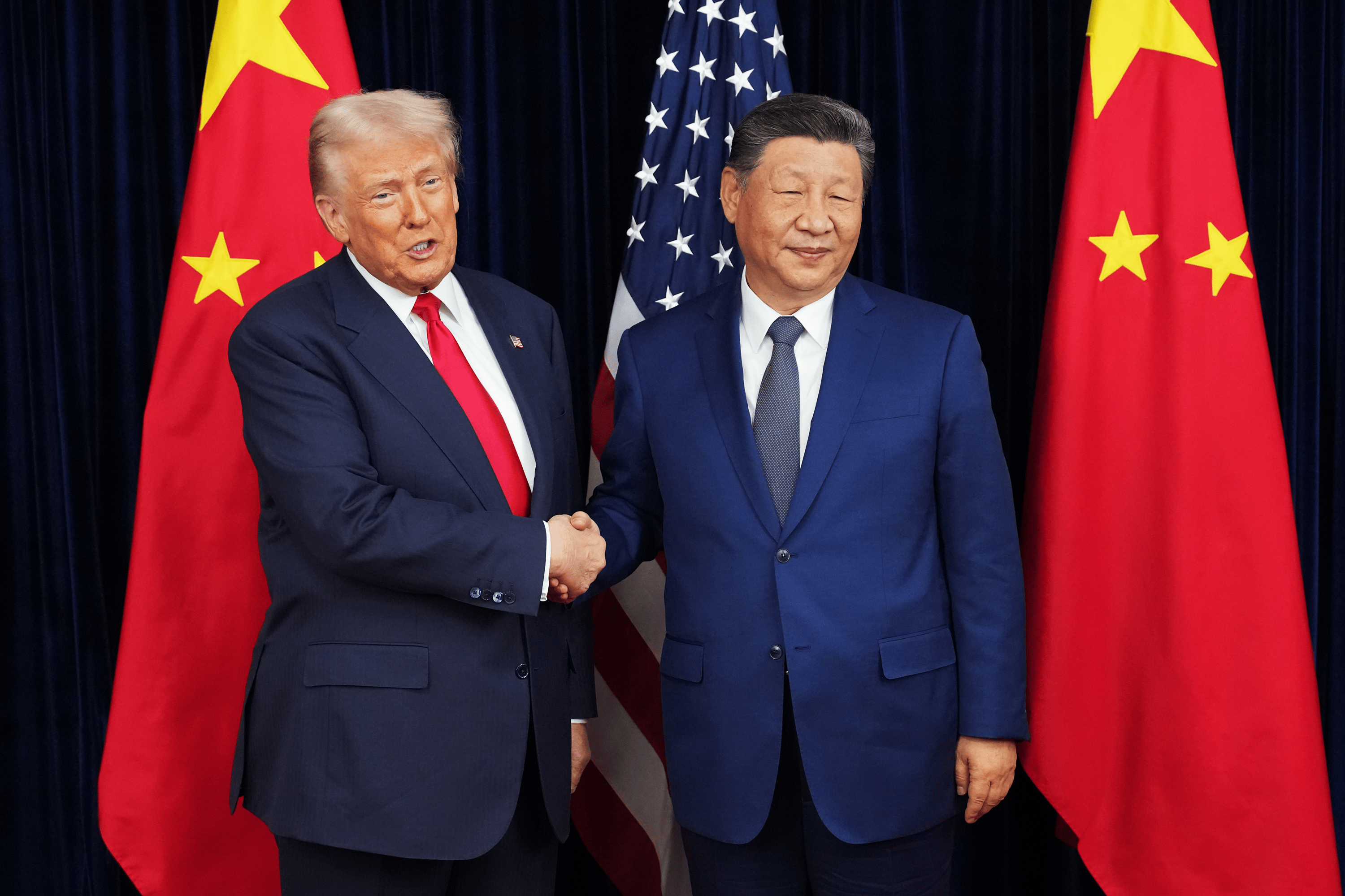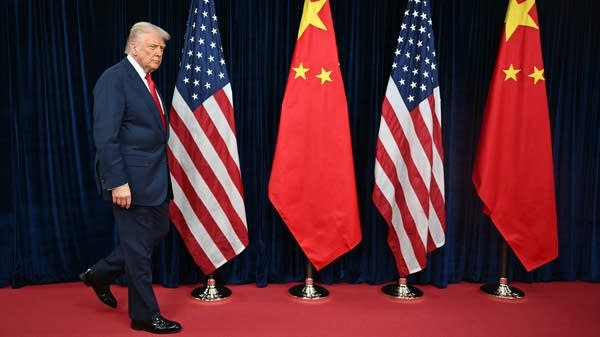Why Trump's current tariffs are so different from his 2018 round
Looking back at the first Trump administration’s tariff policy might give some insight on where trade policy is or isn’t headed. But don’t expect firm answers.

It’s been just over four months since President Donald Trump came into office and started overhauling trade policy, and in that time a lot has happened.
Here are the latest bullet points: Just last week, a panel of federal judges ruled that some of Trump’s tariffs are illegal. Then on Friday, the president announced he’d double tariffs on steel and aluminum imports to 50%. That, of course, will have a real impact on everything from appliance makers to canned food manufacturers to you, the consumer.
But sometimes, it is easy to be overwhelmed by these endless, seemingly incremental moves, to the point where they all start to feel the same.
It’s a simple question that I thought would have a simple answer: How many trade wars are we in right now?
“I would not call it a trade war. I would call it a trade tussle,” said Olu Sonola, head of U.S. Economic Research at Fitch Ratings.
“If it’s just kind of general U.S. policy, then one big trade war,” said Layna Mosley, professor of Politics and International Affairs at Princeton University.
“So we’re either in trade wars with multiple partners or on the verge of trade wars with multiple partners,” said Mary Lovely, senior fellow at the Peterson Institute for International Economics.
Point is: Trump’s tariffs today are much bigger and broader than his tariffs in 2018. Those were implemented through a formal process, said Lovely. “It was done using rule of law, the U.S. law,” said Lovely.
There was an investigation, and targeted tariffs passed on the basis of national security.
”The current round seems much more subject to President Trump’s whims and how he feels,” said Lovely.
Which makes it hard for trading partners to propose solutions, said Mosley. “It’s maybe not entirely clear what the objective is,” said Mosley.
Is the goal to bring jobs back to the U.S.? Is it about fentanyl? Immigration? Technology? National security? Mosley said this plus the lack of process has made it hard for other countries to trust the U.S.
“If I were a foreign government I would worry that even if I did get to a deal there’s nothing to ensure that he would stick to that deal,” said Mosley.
Regardless, Olu Sonola at Fitch Ratings said we should get used to tariffs.
“Anytime there’s a geopolitical issue trade is seen as part of the tool in the toolkit. So I expect it to remain uncertain for at least the next three years,” said Sonola.
Sonola and the others said what’s most likely to stop them is a rattled bond or stock market, pleas from giant corporations or a recession.













